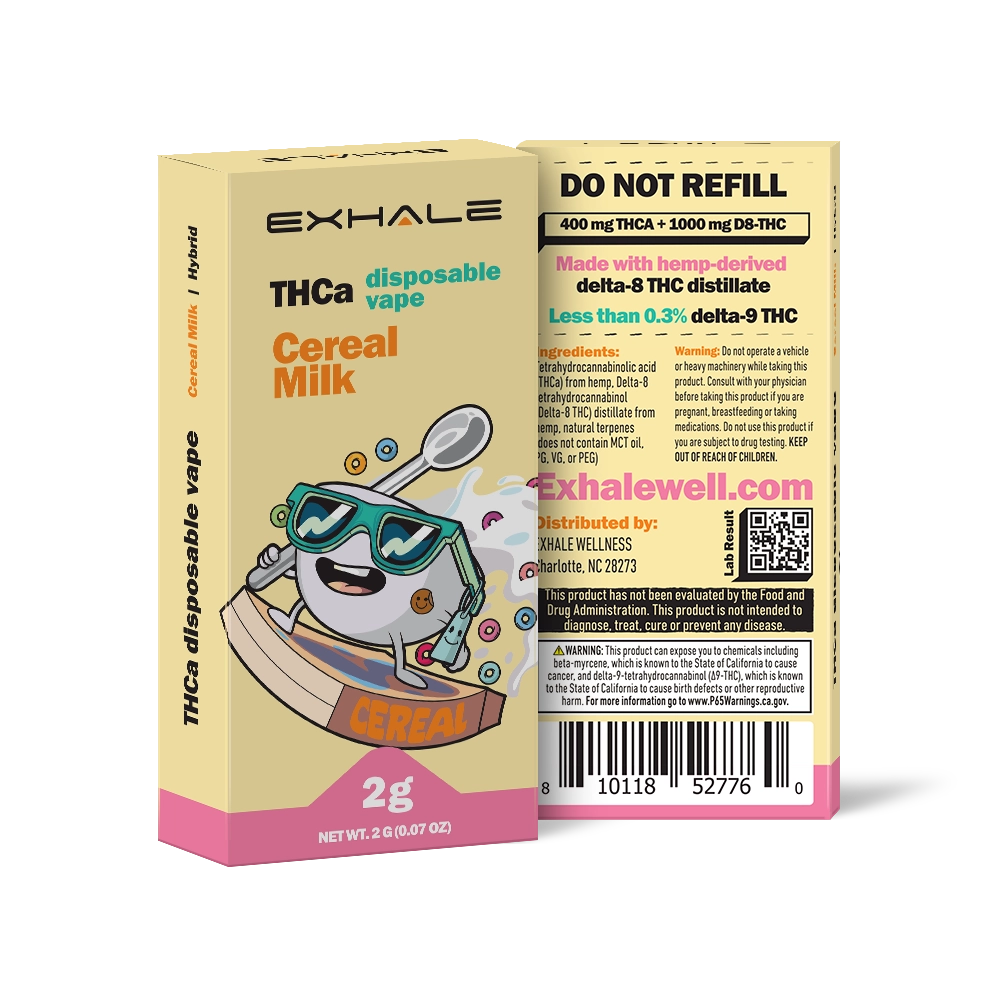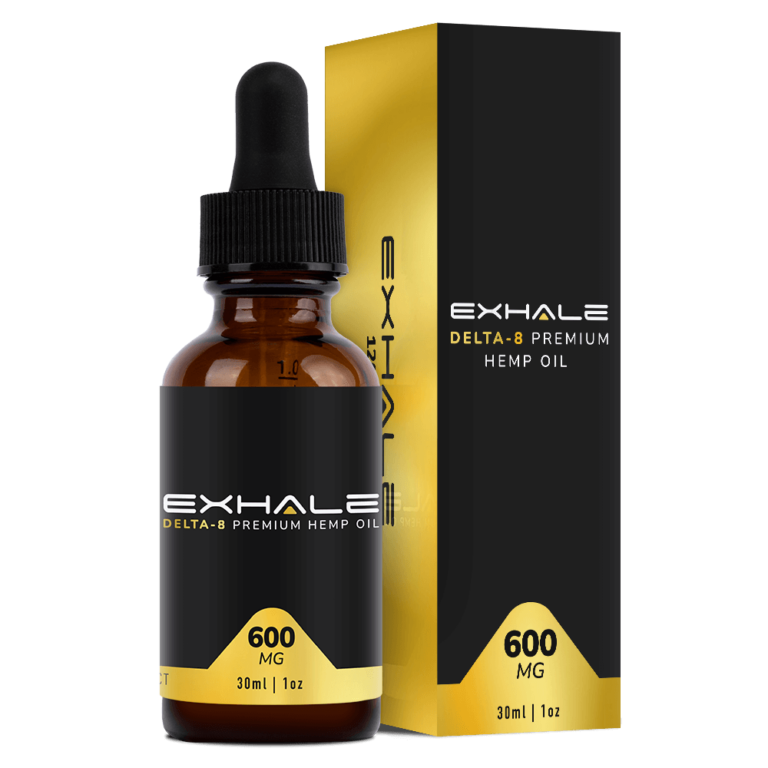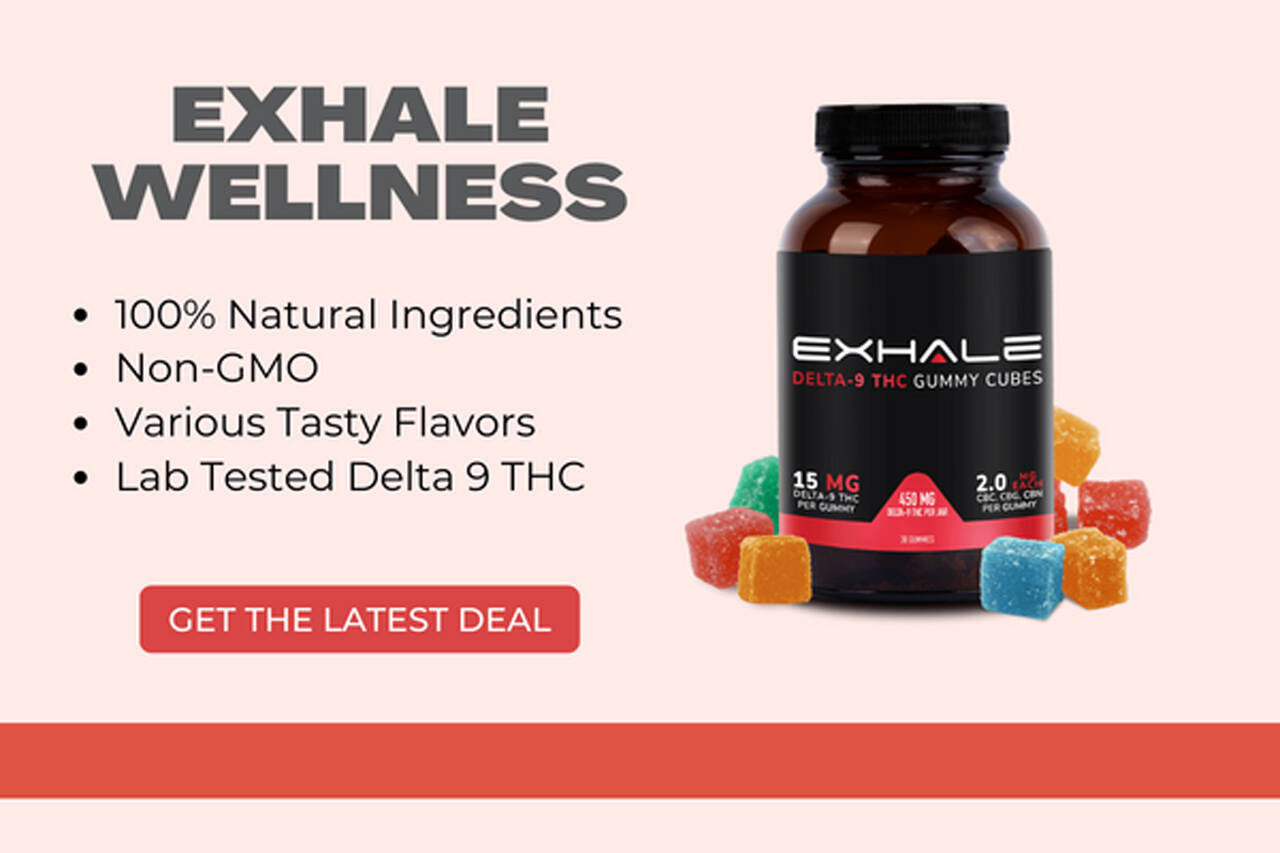Does Exhale Wellness Get You High

The booming market for hemp-derived products has introduced a complex landscape for consumers. Navigating the claims and effects of various brands and compounds, particularly those promising relaxation or euphoria, requires careful consideration. One brand that has garnered attention is Exhale Wellness, known for its range of Delta-8 THC, Delta-9 THC, and other cannabinoid products. But the crucial question remains: Does Exhale Wellness get you high?
This article aims to provide a fact-driven analysis of Exhale Wellness products and their potential psychoactive effects. This exploration will delve into the specific cannabinoids offered, their legal status, and the user experiences reported, drawing on credible sources and scientific understanding to offer a balanced perspective. Our goal is to empower consumers with the information needed to make informed decisions about using Exhale Wellness and similar products.
Understanding the Cannabinoids
Exhale Wellness offers a variety of products containing different cannabinoids, primarily Delta-8 THC, Delta-9 THC, and CBD. Each of these compounds interacts with the body's endocannabinoid system in unique ways, leading to varying effects. It’s crucial to understand these differences to predict the potential impact of using Exhale Wellness products.
Delta-9 THC
Delta-9 THC is the most well-known cannabinoid, responsible for the primary psychoactive effects associated with cannabis. It binds directly to CB1 receptors in the brain, producing euphoria, altered perception, and relaxation. Federal law dictates that hemp-derived products can contain no more than 0.3% Delta-9 THC by dry weight, a threshold intended to limit psychoactive effects.
Exhale Wellness offers Delta-9 THC products that comply with this legal limit. While the low concentration is intended to minimize the "high," some users may still experience mild psychoactive effects, especially those with low tolerance. It’s important to be aware of this potential when using their Delta-9 products.
Delta-8 THC
Delta-8 THC is an isomer of Delta-9 THC, meaning it has a similar chemical structure but slightly different arrangement. This subtle difference results in a less potent psychoactive effect. Users often describe the Delta-8 THC experience as a milder, more clear-headed "high" compared to Delta-9 THC.
Exhale Wellness prominently features Delta-8 THC products, marketed for their relaxing and mood-enhancing properties. However, it's important to remember that Delta-8 THC is still a psychoactive compound. Its effects can vary significantly from person to person.
CBD (Cannabidiol)
CBD is a non-psychoactive cannabinoid known for its potential therapeutic benefits. It interacts with the endocannabinoid system differently than THC, primarily influencing receptors indirectly. CBD is often used for its purported anti-inflammatory, anti-anxiety, and pain-relieving properties.
Exhale Wellness offers a range of CBD products, which are not intended to produce a "high." These products are typically used for wellness purposes. However, some CBD products may contain trace amounts of THC (below the legal limit), which could potentially contribute to very subtle effects in highly sensitive individuals.
Legality and Regulations
The legal landscape surrounding hemp-derived cannabinoids is complex and constantly evolving. The 2018 Farm Bill legalized hemp at the federal level, defined as cannabis containing no more than 0.3% Delta-9 THC by dry weight. However, state laws vary considerably, with some states restricting or banning the sale of Delta-8 THC and other cannabinoids.
Exhale Wellness operates within the framework of the 2018 Farm Bill. However, it is the consumer's responsibility to be aware of the specific laws in their state or jurisdiction. Regulatory uncertainty continues to be a concern, and future legal changes could impact the availability and legality of Exhale Wellness products.
User Experiences and Reported Effects
User experiences with Exhale Wellness products vary widely, depending on individual factors such as tolerance, dosage, and metabolism. Online reviews and anecdotal reports suggest that Delta-8 THC products generally produce a milder "high" compared to traditional cannabis. Some users report feelings of relaxation, euphoria, and increased appetite, while others experience little to no psychoactive effects.
It's important to note that these reports are subjective and should not be taken as definitive proof of specific effects. Individual responses to cannabinoids can vary considerably. Start with low doses and gradually increase until you achieve the desired effect.
"I tried Exhale Wellness's Delta-8 gummies and felt a gentle wave of relaxation. It wasn't overwhelming, and I was still able to function normally." - A Reported User
The potency and the source of product are also very important. Before using any product, make sure that the brand provides third-party lab results verifying the content and purity of its products.
Considerations and Precautions
Before using any Exhale Wellness product, it's essential to consider potential risks and precautions. Psychoactive cannabinoids can impair cognitive function and coordination, so driving or operating heavy machinery is not recommended. Furthermore, it is important to consult with a healthcare professional before using any cannabinoid products, especially if you have pre-existing medical conditions or are taking medication.
Potential side effects of THC, even in low doses, may include anxiety, paranoia, dry mouth, and dizziness. Some individuals may be more susceptible to these side effects. Start with low doses and monitor your response carefully.
Conclusion
Does Exhale Wellness get you high? The answer is nuanced. Products containing Delta-9 THC, even at the legally mandated low concentrations, can produce mild psychoactive effects in some individuals. Delta-8 THC products are also psychoactive, albeit generally less potent than Delta-9 THC. CBD products are not intended to produce a "high."
Consumers should carefully research the specific cannabinoid content of each product and be aware of their own tolerance levels. Understanding the legal landscape, potential risks, and individual responses is critical for responsible and informed decision-making. As the cannabinoid market continues to evolve, ongoing research and transparent product labeling will be essential for consumer safety and well-being.
![Does Exhale Wellness Get You High Does THCA Get You High? [Yes and No. What You Need To Know!] - Exhale](https://www.exhalewell.com/wp-content/uploads/2023/12/does-thca-get-you-high.jpg)
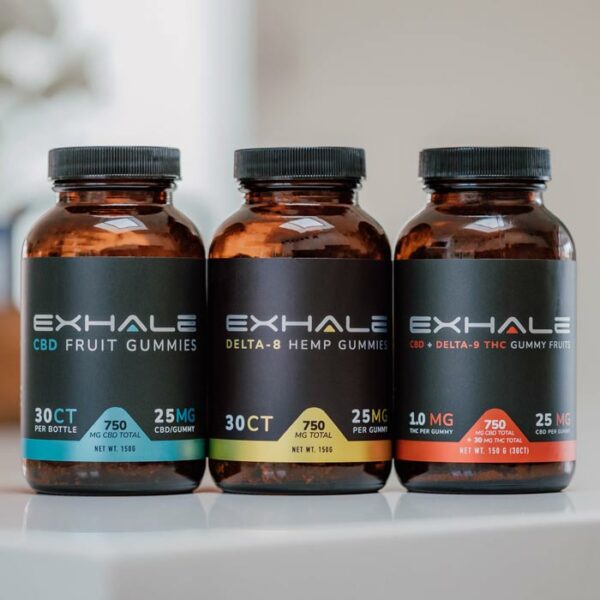



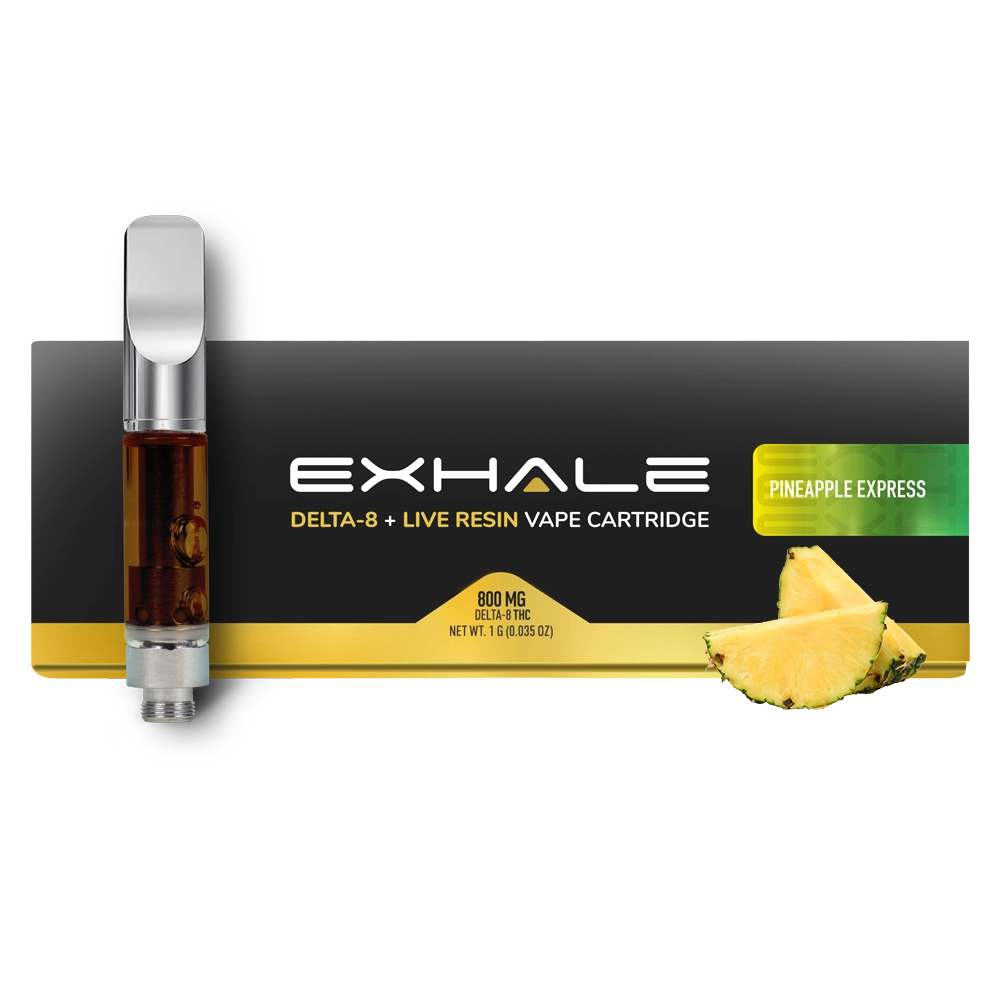
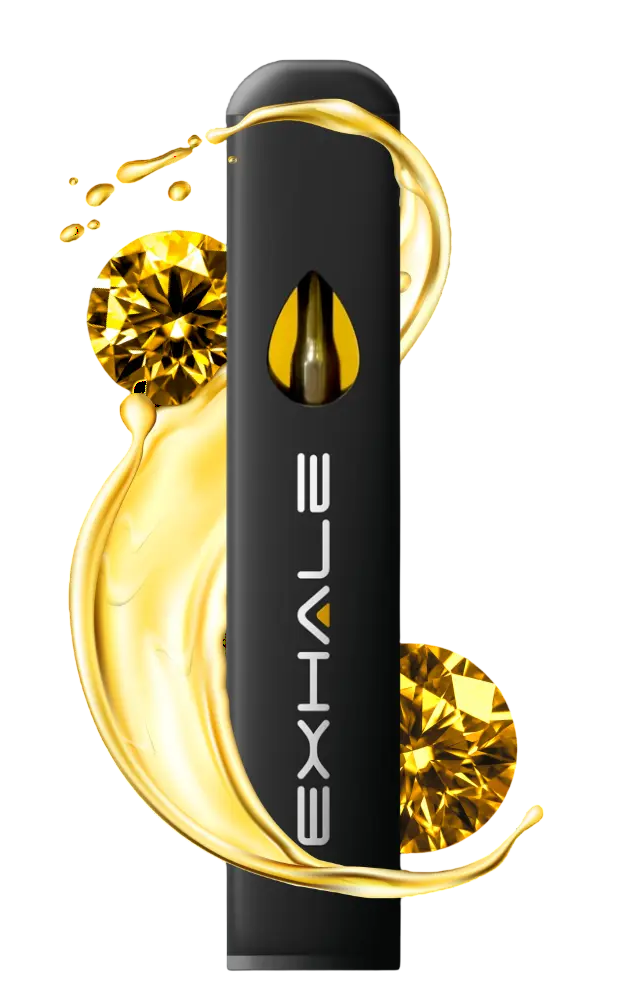
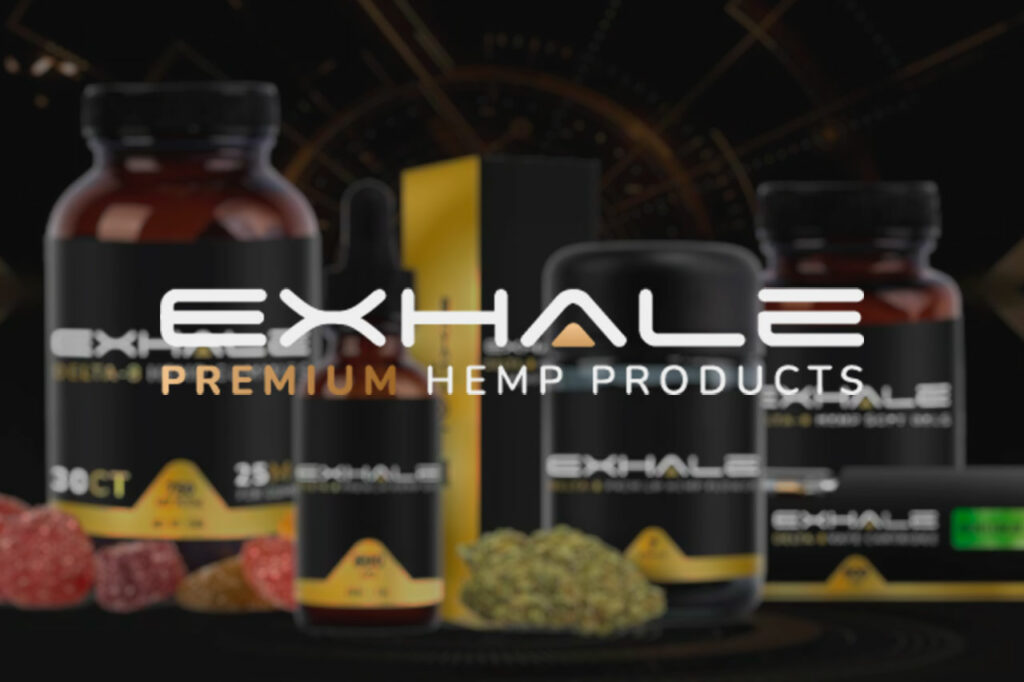


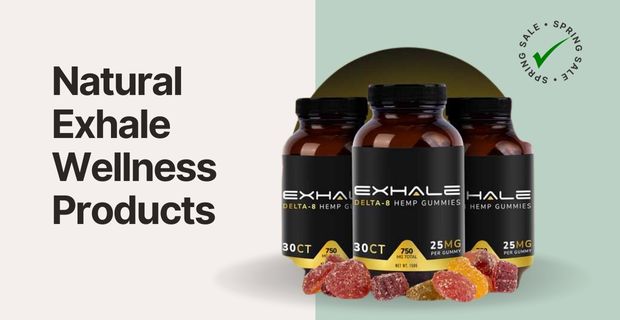
![Does Exhale Wellness Get You High Exhale Wellness - Premium Brand For Hemp Enthusiast [#1 Delta 8 THC]](https://www.exhalewell.com/wp-content/uploads/2023/10/GUMMIES-v2.webp)
